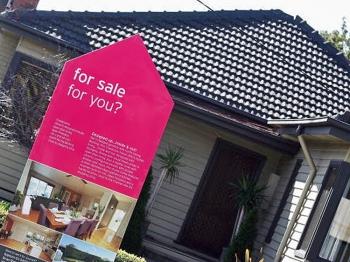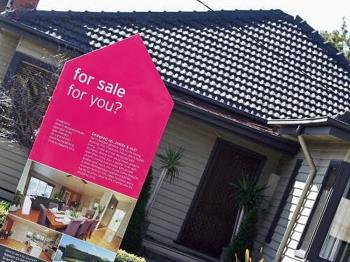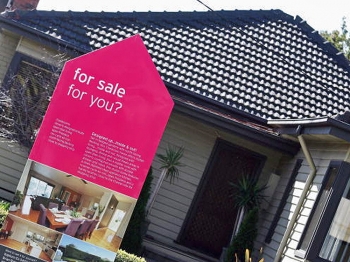House prices are falling at their fastest rate in years, giving new fodder to the Great Australian Housing Bubble debate. But the answer is none the clearer because falling house prices sit neatly within the arguments of both sides.
For the bubble theorists like Steve Keen, it is evidence that the Australian housing bubble is over, while the bulls that dominate the industry say it is a sign the market can re-adjust without crashing.
This week we’re going to argue that there is NO housing bubble in Australia but if that makes you feel good, you had best not read the paper next week when we join Team Gen-Y and argue the opposite.
Some of the most bullish commentators agree that house prices are expensive in Australia, but there are reasons why they are unlikely to fall.
For the bubble theorists like Steve Keen, it is evidence that the Australian housing bubble is over, while the bulls that dominate the industry say it is a sign the market can re-adjust without crashing.
This week we’re going to argue that there is NO housing bubble in Australia but if that makes you feel good, you had best not read the paper next week when we join Team Gen-Y and argue the opposite.
Some of the most bullish commentators agree that house prices are expensive in Australia, but there are reasons why they are unlikely to fall.
House Prices Flat
As reported in the Australian Financial Review, internal modelling by Macquarie Bank has found the percentage of household income needed for a typical mortgage repayment ranges between 20 and 30 per cent for most capitals, which is historically high, but not unprecedented—it reached that level just eight years ago in Sydney and in most capitals in the early 1990s.
When houses get too expensive, house price growth slows, stagnates and sometimes prices fall, which is a normal phenomenon. Since 2003, house prices in Sydney have been broadly flat. But incomes have continued to rise, meaning houses have gradually become more affordable.



